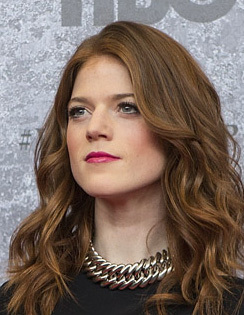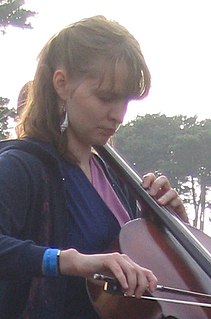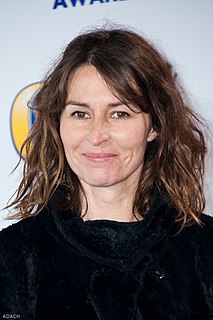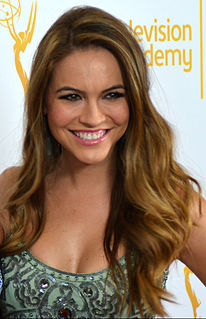A Quote by Colleen Atwood
Costume, hair and makeup can tell you instantly, or at least give you a larger perception of who a character is. It's the first impression that you have of the character before they open their mouth, so it really does establish who they are.
Related Quotes
Costume is always an asset. Normal costume you have a lot to say about - if you're wearing suits or ties, and what color you want, and how it's going to be cut, and stuff like that, and whether or not you're going to wear a hat, and blah, blah, blah. But, when you're wearing a special costume, and of course, costume is probably the second ingredient in character, script being first, I always find that the costume does a lot to cement your character, to put it firmly in mind.
My idea of no makeup on actors is really no makeup. I mean, they can be wearing makeup. I don't care what they're wearing as long as it looks like they're not wearing makeup. But an actress will suddenly appear with some lipstick on. And that's makeup. Keener's character wears makeup. Her character would wear makeup. I try to stay true to whoever that person is. I hate that kind of thing where you're waking up in the morning with makeup on in a movie. I just think it pulls you out of the movie.
I'm very much into the costuming of any character that I portray and it's one of the great things about making movies is it's a collaborative art form so you get all these artists who are looking specifically about for this instance your character's costume and what that might tell about your character.
Within a single scene, it seems to be unwise to have access to the inner reflections of more than one character. The reader generally needs a single character as the means of perception, as the character to whom the events are happening, as the character with whom he is to empathize in order to have the events of the writing happen to him.







































